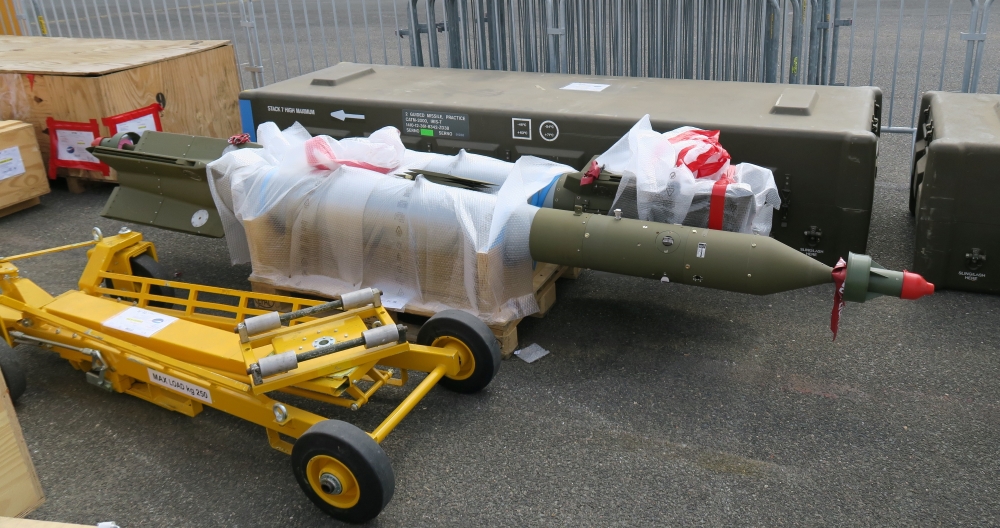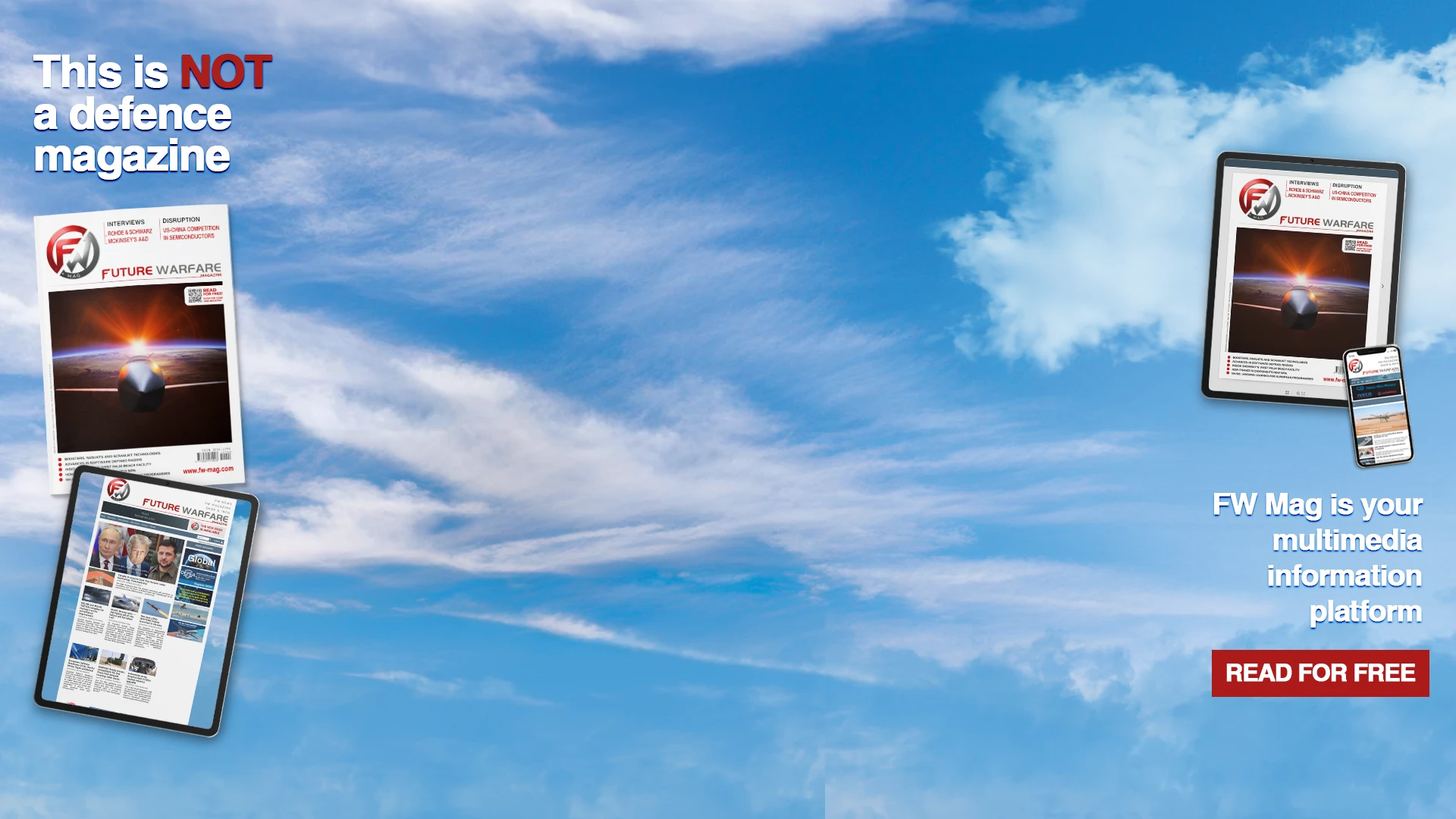
As European governments are worried about the posture Donald Trump will adopt in foreign and defence policies, the International Institute for Strategic Studies (IISS) has just published a study highlighting a significant shortage of military personnel and insufficient defence capabilities.
This report also comes at a time when European countries are questioning the continuity of US military support for Ukraine and calls for strengthening the continent's defence are multiplying. The study highlights that the main European armed forces remain understaffed, with many continuing to lose troops without sufficiently incentivizing the younger generation to enlist. Moreover, these forces continue to rely on the United States to varying degrees across all military domains, a situation the IISS experts deplore.
While European NATO members have increased their spending by 50% since Russia's annexation of Crimea in 2014, the Russian invasion of Ukraine in 2022 has exposed numerous weaknesses in Europe's ability to ensure its own security. The arsenal has been severely reduced since the end of the Cold War, and the defence industry in Europe has also contracted, according to the study. Moreover, European nations have consistently failed to meet their NATO commitments, with many falling far short of the 2% GDP minimum spending target on defence.
This chronic underfunding has left critical capability gaps and depleted stockpiles, a fact brutally exposed by the war in Ukraine. In effect, the defence policies of European nations over the past two decades have been characterized by shortsightedness, complacency, and a dangerous neglect of military capabilities. This period has seen a dramatic erosion of Europe's defence posture, leaving the continent woefully unprepared for the current geopolitical challenges.
Since the end of the Cold War, European countries have systematically underinvested in their armed forces, naively assuming that the era of great power competition was over. This misguided belief led to a staggering 35% reduction in military capabilities across European nations. The peace dividend was cashed in prematurely, leaving Europe's defences hollowed out and overly reliant on the United States for security.
The fragmentation of the European defence industry has further exacerbated this problem. Instead of fostering collaboration and efficiency, European nations have maintained a patchwork of national industries, resulting in wasteful duplication of efforts. This lack of coordination has led to a situation where Europe operates five times as many weapons systems as the United States in certain categories, complicating logistics and interoperability as repeatedly highlighted by the European Parliament’s Mapping the cost of non-Europe (2022-2032) study.
The Common Security and Defence Policy (CSDP) of the European Union has proven to be more rhetoric than substance. Despite lofty ambitions, member states have shown a decreasing appetite for CSDP operations, highlighting a lack of political will to deploy forces under the EU flag.
In essence, Europe's defence policies over the last two decades have been an exercise in wishful thinking and strategic myopia. The continent now finds itself scrambling to address long-neglected vulnerabilities in the face of resurgent threats. This period of complacency has left Europe at a strategic disadvantage, ill-equipped to defend its interests and values in an increasingly unstable world.
While social welfare concerns and domestic problems are undoubtedly important for the well-being of citizens, they do not carry the same catastrophic potential as armed conflict between states. The Russian invasion of Ukraine and the conflict in the Middle East have starkly reminded the world of the devastating consequences of war, not only in terms of immediate human suffering but also in its ability to destabilize entire regions and threaten global security.
It is imperative that policymakers and citizens alike maintain a clear perspective on the hierarchy of threats. Welfare issues, while significant, can be addressed through policy reforms and societal adjustments. War, on the other hand, has the potential to erase decades of progress in mere moments. Europe has, regrettably, lost sight of this fundamental truth over the past decades. The continent urgently needs to rediscover its strategic awareness and rekindle its commitment to robust defence capabilities, recognizing that the preservation of peace through strength is not just a policy choice, but an existential imperative in an increasingly volatile world.








